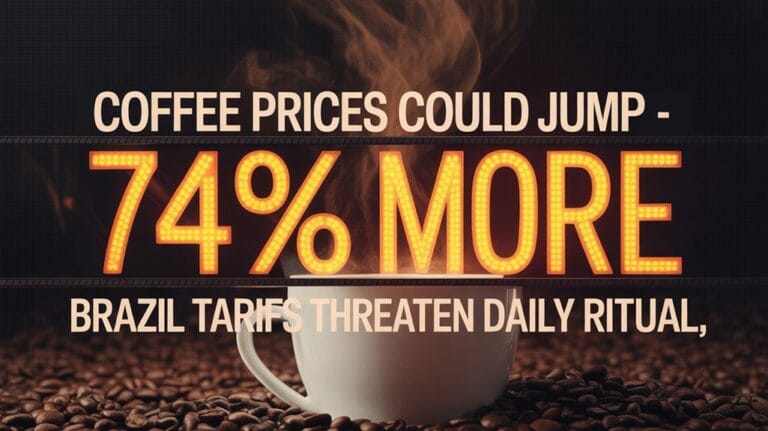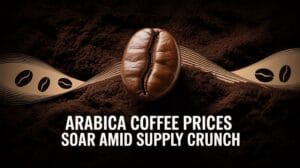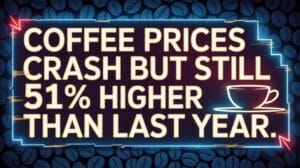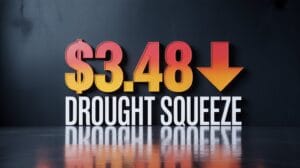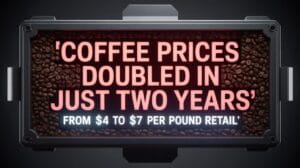Former President Donald Trump’s threat to impose a 50% tariff on coffee from Brazil—America’s top supplier—could drive prices higher as shortages squeeze global markets. Brazil supplies nearly a third of U.S. coffee, and tariffs might force importers to pass costs to consumers already grappling with a 74% rise in coffee prices over five years. Federal judges recently ruled Trump’s use of the International Emergency Economic Powers Act (IEEPA) to impose the tariffs unconstitutional, though the administration appealed to keep the policy intact pending litigation.
The economic implications could ripple nationwide, compounding challenges for households that paid roughly $2,400 more annually due to past tariffs. Consumer backlash is mounting, with many fearing daily expenses could spike further. Higher altitudes are known to yield denser coffee beans with heightened flavor potential, meaning that quality could also decline if our coffee supply is threatened. The suitability of regions within the Coffee Bean Belt is critical for maintaining these quality standards.
Households already paying $2,400 more annually from past tariffs brace for higher costs as consumer backlash grows over economic strain.
The tariff plan follows political tensions tied to Brazil’s trial of ex-President Jair Bolsonaro, a Trump ally. It’s part of a broader strategy to hike U.S. average tariffs to 27% by early 2025, aimed at reducing trade deficits. Critics warn it risks worsening inflation as global coffee stocks hit record lows from climate-driven yield losses. Retail prices for urban consumers already jumped 12% in a year, and analysts warn tariffs could deepen the crunch.
Small coffee businesses fear being crushed by giants like Starbucks, which may absorb costs better. Kagan’s Sputnik Coffee Company, sourcing primarily from Brazil and Colombia, exemplifies roasters bracing for supply chaos and cost spikes** as they struggle to secure green beans against corporate rivals. Trade retaliation looms, too. Canada and Mexico slapped $16 billion in tariffs on U.S. goods following past disputes, and Brazil might respond in a similar manner.
Delays are possible, as officials hint at talks extending past August 2025. Meanwhile, Brazil’s growers face uncertainty, with potential drops in U.S. demand threatening their $16.7 billion coffee export industry.
Congress is pushing back. Lawmakers call the tariff “economically reckless,” noting coffee is a daily staple for millions. Some warn of job losses if cafes and roasters cut staff to offset costs. Industry groups are lobbying to block the measure, arguing it’d hurt more than help.
Yet uncertainty lingers—whether tariffs happen, get delayed, or are scaled back remains unclear. For now, coffee drinkers brace for pricier mornings as Washington debates the fate of their brew.

